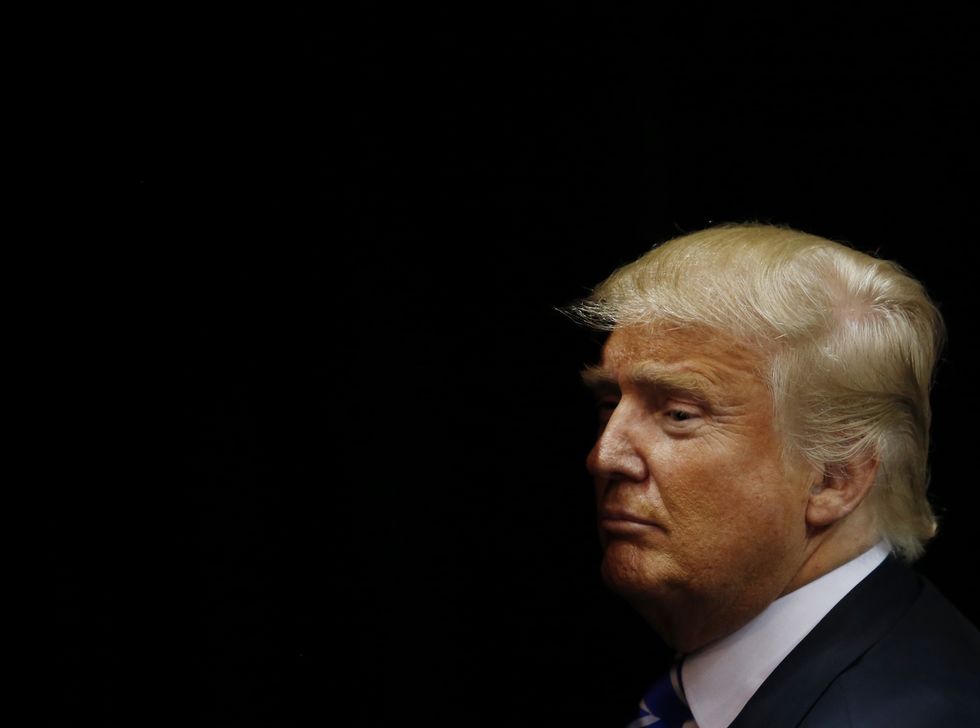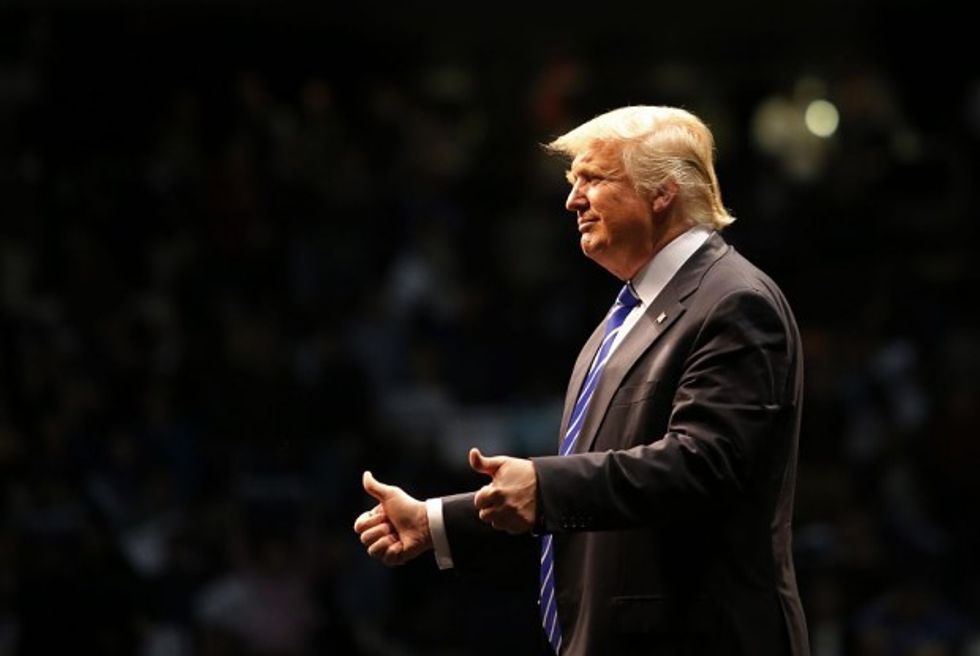
Eduardo Munoz Alvarez/Getty Images

"To live is to maneuver." - Whitaker Chambers.
A year ago, former Florida Gov. Jeb Bush was the anointed Republican nominee coming into the 2016 election. While the gambit of presidential candidates grew, the deck was stacked in a way many Washington insiders saw comfortably going their way. There were to be no dark horse candidates, as Tea Party conservatives such as Sens. Ted Cruz and Rand Paul were shoved safely behind such GOP favorites as Bush, Gov. Scott Walker, Gov. Chris Christie and Sen. Marco Rubio. But everything changed when Donald Trump entered the scene.
While Trump may himself appear as the one who slayed the aspirations of many Republican darlings and their presidential ambitions, the front-runner status of the candidate has had an impact so piercing on the conservative movement that the party of Lincoln will surely never be the same after 2016. Regardless as to whether or not Trump will be able to secure the nomination in Cleveland, he has dealt a dent to conservative politics for decades to come.

The populist message the Trump campaign promotes is not a ideological wave the GOP and conservative movement hasn't seen before. The Fair Trade, tariff-heavy message of Pat Buchanan, and the obscure nationalist immigration policy of men such as Rep. Virgil Goode is a strain of right-wing progressivism. This movement that Trump has been able to conjure together has shifted the political philosophy of the Republican establishment in a way which has both strengthened and weakened certain factions.
One faction of the GOP that has been eliminated (at least in terms of presidential campaigning) is the social-conservative section. The age in which candidates such as Gary Bauer in 2000, Mike Huckabee in 2008, or Rick Santorum in both the 2012 or 2016 primary cycles could run almost entirely on a social conservative message has come and gone. With their focus for messaging on opposition to same-sex couples, abortion, the war on drugs, or promoting religious liberty, the growing section of the American populace that is socially tolerant or socially liberal had already silenced this camp in many ways. While in 2016, Huckabee was rallying behind Kim Davis, who refused to issue marriage licenses to homosexuals in the aftermath of that summer's SCOTUS decision, or Santorum who was discussing the cultural corruption of American society, the Republican majority in the House and the Senate was still incapable of defunding Planned Parenthood and was mum on the SCOTUS ruling.
During the primary cycle, Trump managed to shift the entire focus onto building a wall and making Mexico pay for it, and many blue collar conservatives had little interest in his previous stance on abortion and other socially progressive stances. This lack of concern about the candidate's social stances became clear when Trump swept the evangelical vote during the South Carolina primary and candidates such as consistent social conservatives Dr. Ben Carson, Cruz and Rubio were left in the dust.
One section of the conservative movement that many said had been snuffed out of the conversation was the liberty movement. While some liberty-minded conservatives and libertarians felt like the movement had either died out completely with the fall of Paul's presidential ambitions, or was on an exaggerated monumental rise, this section of free market thinkers is still prevalent with candidates such as Cruz. Another indicator is the success of the House Freedom Caucus, and even the return of former Republican Gov. Gary Johnson who is once again seeking the Libertarian nomination for president.
While not as loud and boisterous as they were in the beginning of the second era of Obama, what cannot be denied is that if Rubio was considered by many to be an "establishment" candidate, then the lasting effects of 2010's Tea Party moment are in fact still a lasting success. In an era where Cruz takes a federalist approach to drugs, and all but few of the candidates are openly supporting an audit of the Federal Reserve, if the race boils down to Trump facing off against any of the other Democratic candidates, the following year will most likely see a lively and active segment of the liberty movement working at the state and federal level of government to promote it's limited government and free market message.
Lastly, the one segment of the GOP to remain truly unscathed is the one that the media and they themselves want you to think is dead - the "Washington Cartel." The same politicians such as Sens. John McCain and Mitch McConnell, former House Speaker John Boehner whom consist of the establishment class, are essentially unscathed throughout Trump's war on the GOP establishment. As noted by FreedomWorks, if Trump's brand of conservatism means conserving the same flawed healthcare system, broken entitlement programs, and terrible trade agreements, then the stagnant and controlling GOP establishment is in fact still in the cockpit of the GOP.
Whether Thomas Jefferson's "empire of liberty" will ever echoed again in the party that gave us Presidents Calvin Coolidge and Ronald Reagan, what cannot be denied is that the term "conservative" will not hold the same meaning it once did thanks to Trump.
Follow Remso on Facebook and on Twitter @Remso101.
–
TheBlaze contributor channel supports an open discourse on a range of views. The opinions expressed in this channel are solely those of each individual author.